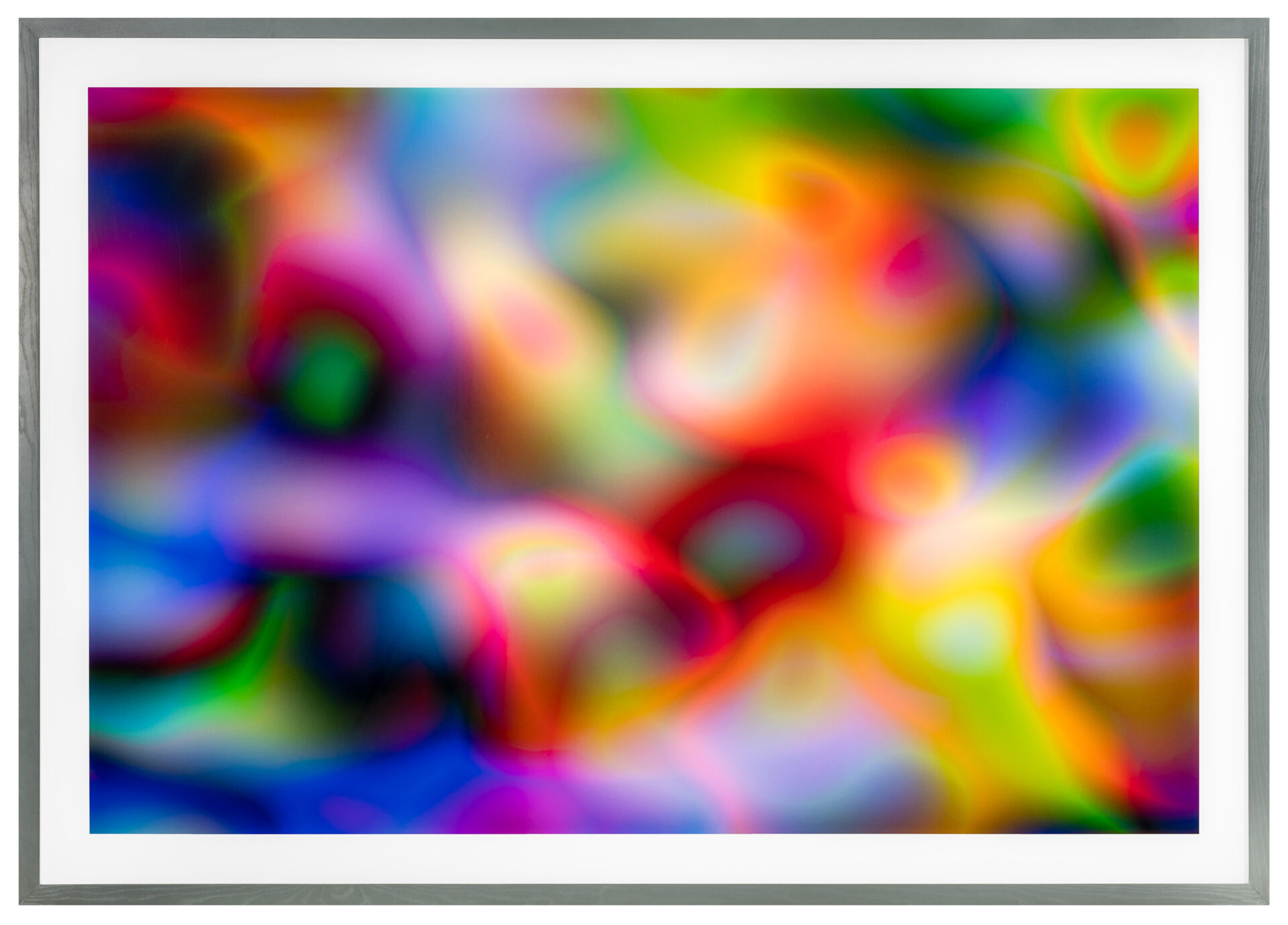One of the most outstanding photographers of the Düsseldorf School, Thomas Ruff, along with the other members of this group, has revolutionised photography as a form of artistic expression.
Ruff attended the Staatliche Kunstakademie in Düsseldorf from 1977 to 1985, where he studied under Bernd and Hilla Becher. There he made a radical break with the style of his teachers, establishing a distinct approach to conceptual photography through a range of strategies, including use of colour, manipulation of original images – both through manual retouching techniques and with digital methods – and enlargement of photographic prints to the scale of monumental painting.
Since then, he has used these methods to conduct an in-depth examination of a variety of photographic genres, such as portraiture, the nude, landscape and architectural photography, among others.
Ruff creates series, with defined bodies of work on subjects that include empty domestic interiors, appropriated interplanetary images captured by NASA, abstractions of modernist architecture, computer-generated three-dimensional pop images and obscured pornography.
The portrait series that Ruff produced in the early 1980s (the first to receive critical acclaim) featured groupings of large three-quarter portraits like so many passport photos, but their enlarged scale offered a surprising degree of legibility. He focuses on aesthetics and process, constructing an eclectic oeuvre not defined by genre, method or theme, but rather by stark imagery, relative conceptual seriality of subject-matter and clever subversion of the printed image.
In his latest series he has also explored the path of abstraction, with photographs in vibrant colours. The Hortensia Herrero collection includes a work from one of these series.
